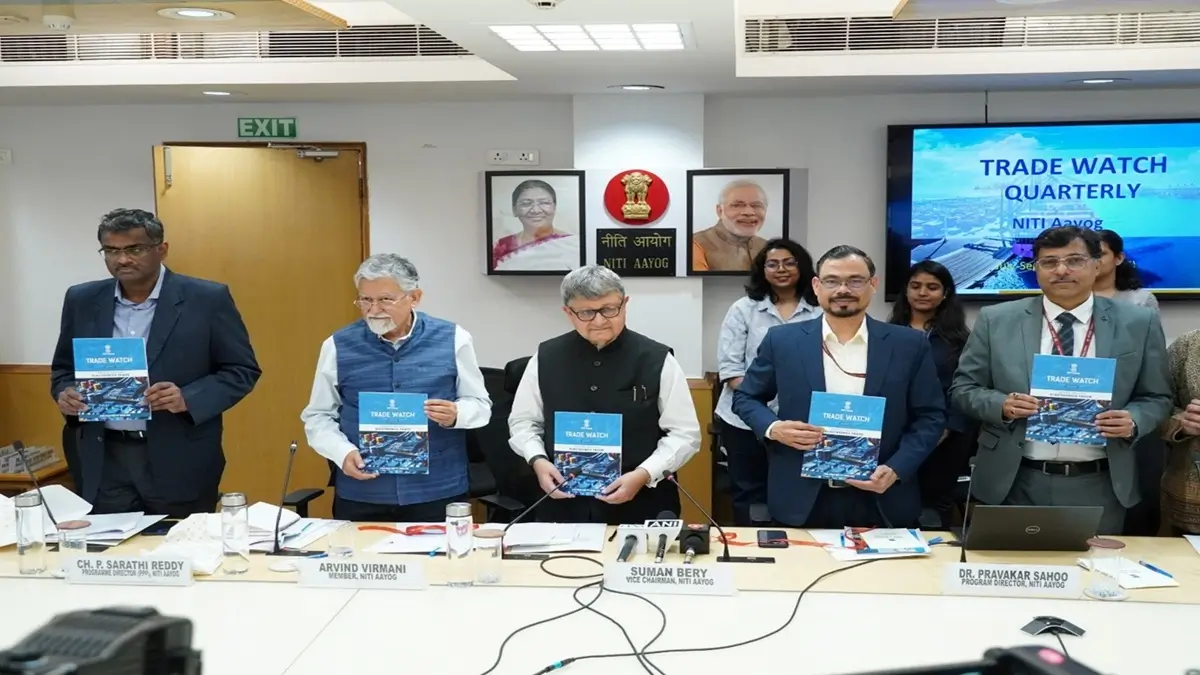National Income Tax Day 2024: A Journey of Transformation
Introduction: Celebrating National Income Tax Day
National Income Tax Day 2024 marks a significant milestone in the evolution of India’s tax system. Celebrated on July 24, this day is dedicated to recognizing the critical role of income tax in the nation’s economic framework and the journey of transformation it has undergone over the years.
The Evolution of India’s Income Tax System
India’s income tax system has seen remarkable changes since its inception. Initially introduced in 1860 by Sir James Wilson, the system was designed to address the financial needs of the British Empire in India. Post-independence, the Indian government reformed the tax structure to suit the country’s socio-economic needs. The introduction of the Income Tax Act in 1961 was a major step, aiming to create a fair and transparent tax system.
Recent Developments and Reforms
In recent years, the Indian tax system has undergone significant reforms to enhance efficiency and compliance. The implementation of the Goods and Services Tax (GST) in 2017 was a landmark change, integrating various indirect taxes into a single tax regime. Additionally, the introduction of e-filing and digital payment systems has streamlined the tax filing process, making it more user-friendly.
Government Initiatives to Encourage Tax Compliance
To boost tax compliance, the government has launched several initiatives, including the ‘Faceless Assessment Scheme’ and the ‘Vivad Se Vishwas Scheme.’ These measures aim to reduce disputes and increase transparency in tax assessments. The Digital India campaign has also played a crucial role in modernizing tax administration and encouraging digital transactions.
Impact of Income Tax on National Development
Income tax plays a vital role in funding public services and infrastructure projects. The revenue generated through income tax contributes significantly to the development of education, healthcare, and transportation sectors. By ensuring that citizens contribute their fair share, the tax system supports equitable development and social welfare.

Why This News is Important
Understanding the Evolution of Tax System
National Income Tax Day is crucial as it highlights the progress and reforms in the tax system. This day provides an opportunity to reflect on the changes that have made the tax system more efficient and transparent, benefiting both the government and taxpayers.
Impact on Government Revenue and Services
Income tax revenue is fundamental to the functioning of the government. Celebrating this day underscores the importance of tax compliance in ensuring that adequate funds are available for essential public services and infrastructure development.
Encouraging Tax Compliance
By marking National Income Tax Day, the government aims to foster a culture of tax compliance among citizens. Awareness of the tax system’s benefits encourages more individuals to fulfill their tax obligations, contributing to national development.
Promoting Financial Literacy
National Income Tax Day also serves as a platform to enhance financial literacy. Educating taxpayers about the tax system, its benefits, and the importance of compliance can lead to better financial planning and management.
Historical Significance and Future Directions
The day provides insights into the historical development of the tax system and sets the stage for future reforms. It reflects on past achievements while looking forward to ongoing and future improvements in tax administration.
Historical Context
Early Beginnings
The concept of income tax in India began in 1860 under British rule. The primary aim was to generate revenue to meet the financial requirements of the British administration. The initial tax was a temporary measure, but it laid the foundation for future tax systems.
Post-Independence Reforms
After gaining independence in 1947, India needed a revised tax system to support its development goals. The Income Tax Act of 1961 was introduced to create a more structured and equitable tax regime. This Act aimed to simplify tax procedures and improve compliance.
Modern Reforms
In the 21st century, India has seen substantial reforms in its tax system. The implementation of GST and digitalization of tax processes are examples of efforts to modernize and streamline the system. These changes aim to make tax administration more efficient and taxpayer-friendly.
Key Takeaways from National Income Tax Day 2024
| Serial Number | Key Takeaway |
|---|---|
| 1 | National Income Tax Day celebrates the evolution and transformation of India’s tax system. |
| 2 | The introduction of the Income Tax Act in 1961 marked a significant reform in tax administration. |
| 3 | Recent reforms include the implementation of GST and digitalization of tax processes. |
| 4 | Government initiatives such as the Faceless Assessment Scheme aim to enhance transparency and compliance. |
| 5 | Income tax revenue is crucial for funding public services and infrastructure development. |
Important FAQs for Students from this News
1. What is National Income Tax Day?
National Income Tax Day is observed annually on July 24 to celebrate the evolution and importance of the income tax system in India. It highlights significant reforms and initiatives that have transformed the tax system over the years.
2. When was the Income Tax Act introduced in India?
The Income Tax Act was introduced in India in 1961. It was a major reform aimed at creating a more structured and equitable tax system.
3. What are some recent reforms in India’s tax system?
Recent reforms include the implementation of the Goods and Services Tax (GST) in 2017 and the introduction of digital payment and e-filing systems. These changes have streamlined tax administration and improved efficiency.
4. Why is income tax important for national development?
Income tax is crucial as it provides the government with revenue to fund essential public services and infrastructure projects. This revenue supports sectors like education, healthcare, and transportation, contributing to national development.
5. What are some government initiatives to encourage tax compliance?
Initiatives such as the Faceless Assessment Scheme and the Vivad Se Vishwas Scheme aim to reduce disputes and increase transparency in tax assessments. These measures are designed to improve compliance and make the tax system more user-friendly.
Some Important Current Affairs Links

















